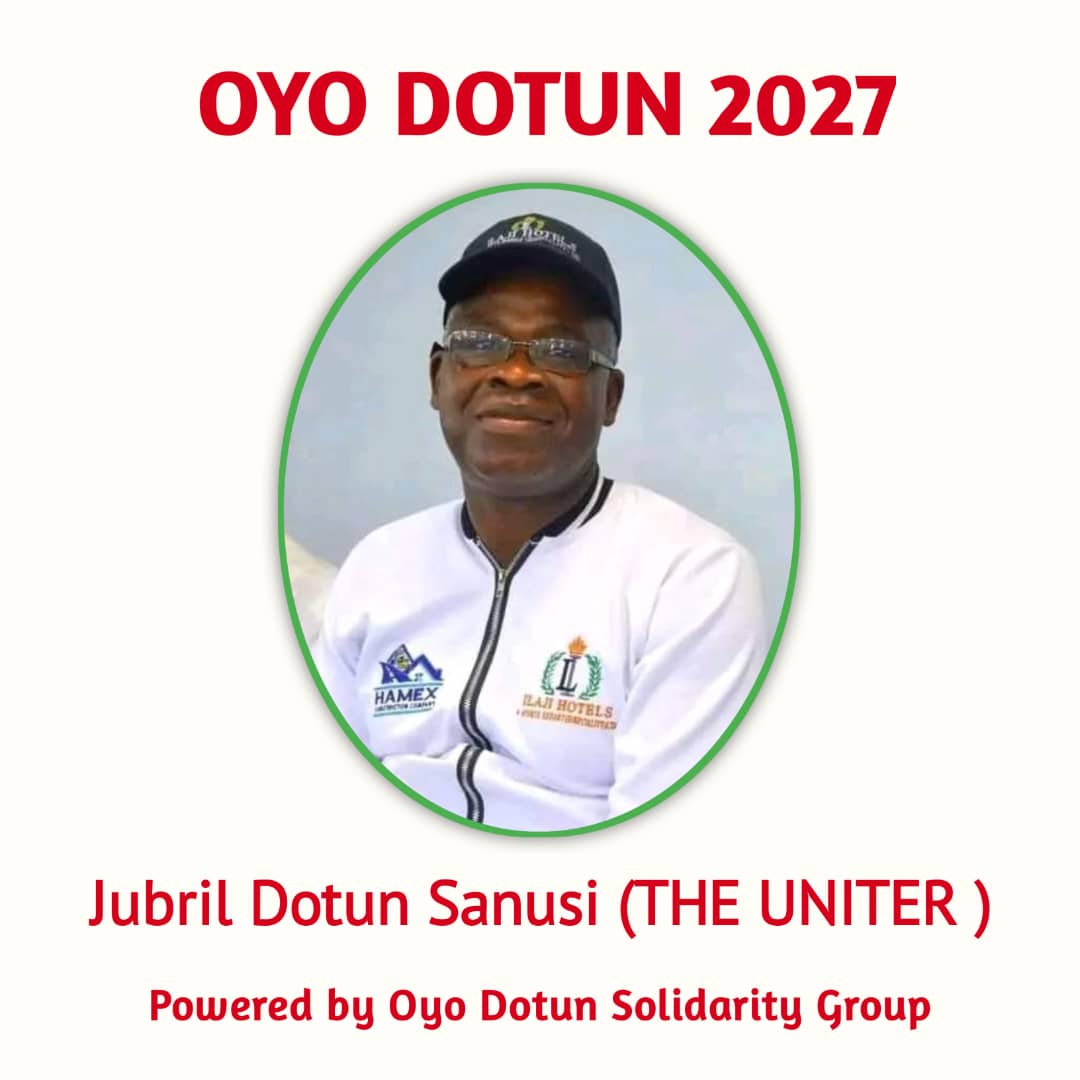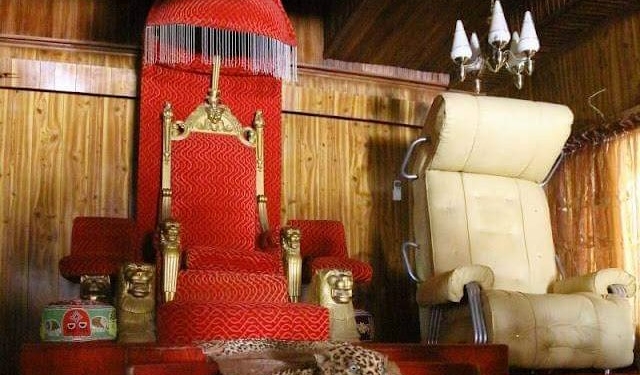Oyo kingmakers, known as oyomesi, find themselves in a precarious situation reminiscent of a Yoruba proverb. “Oba ran ni L’odo Oba, odo-oba kun, ise oba o see ma je,” which translates to “The King sent the palace functionaries to the river, the river is overflowing, and they couldn’t go back to the palace without the king’s message being delivered.”
Another proverbial local lyric, “Yi o maa leyin, yio maa leyin. Oro yi o maa l’eyin, a ja un ti ele,” was used to call the attention of the oyomesi to do the right things. However, they believed themselves to be in a position where no one’s advice was needed, only to now seek advisers when it is too late. As the saying goes, “aso o b’omoye mo, omoye ti rin ni ihooho W’oja,” meaning “The cloth does not understand the worth of the person wearing it until it gets to the market.”

Drawing parallels to an incident during the era of Jesus Christ, or Prophet Issa as he is known in Islam, sheds light on the current state of affairs of the Oyo kingmakers. Jesus Christ was on a daily evangelism mission, accompanied by a follower whose name escapes my memory. After covering several miles and becoming tired and hungry, Jesus gave money to the follower with instructions to buy some loaves of bread. The follower bought three breads, ate one on the way, and returned with two loaves.
When questioned about why he came back with two loaves instead of three, Jesus asked. The follower replied that the money wasn’t enough to buy three. Continuing their journey, Jesus performed a miracle by turning three stones into three beautiful birds. He then asked the follower, “I beg you in the name of Almighty God that gave me the power to perform such a miracle. Who ate the remaining bread?” The follower insisted that no bread was left.
Further along the journey, Jesus instructed the follower to fetch water into three bottles. When the follower returned from the river, Jesus took one bottle and told him to take another, saying that they would keep the last bottle in case they encountered the person who ate the bread, so they could offer him water. After some miles, the follower accidentally dropped the bottle, and all the water dried up instantly. Jesus reassured him that the Almighty was always with them, regardless of water. After a few minutes, they became thirsty again, but there was no water around. Jesus commanded the water back into the empty bottle, and they drank. Jesus then looked into the follower’s eyes and said, “With the great power of the Almighty, I compel you to bring out our lost and dried water. Who ate the bread?” The follower still insisted that no bread was left.
After two minutes of walking, Jesus transformed a massive mountain into gold and divided it into three portions. He asked the follower to take his share, another portion for himself, and the last portion for the one who ate the bread. The follower confessed, “Dear Son of God, I ate the bread.” Jesus responded, “If material wealth is what you desire, take all the gold and go on your way.” Jesus then departed from the follower.
The follower, now in possession of great wealth, became carefree without considering why Jesus had left. After a few minutes, some gold hunters noticed the magnitude of gold he possessed. Filled with envy, they approached the follower and requested his help in fetching water from the river. Oblivious to their ulterior motives, the follower agreed and went to the river. However, as he returned, he had a feeling that the two gold hunters intended to harm him, so he poisoned their water. As he approached the hunters, one of them shot him in the head, and he died.
The hunters, unaware that the water had been poisoned, rejoiced at their newfound wealth. Little did they know that their celebration would be short-lived. As they drank the poisoned water, they too succumbed to its deadly effects, and all perished.
This tale teaches us a valuable lesson about the perils of disregarding truth and being solely driven by material gain. Those who lack respect for truth and are solely motivated by money can never truly achieve anything meaningful in life. They will continually face difficulties and encounter problems. While there is nothing inherently wrong with wealth, it should not be pursued at the expense of honesty and integrity. It is essential to cherish and protect one’s reputation, as it will endure long after we are gone.
May we always strive for a balance between material prosperity and moral values, recognizing that true success lies not only in accumulating wealth but also in leading a life guided by truth and integrity.
IRE OOO!




